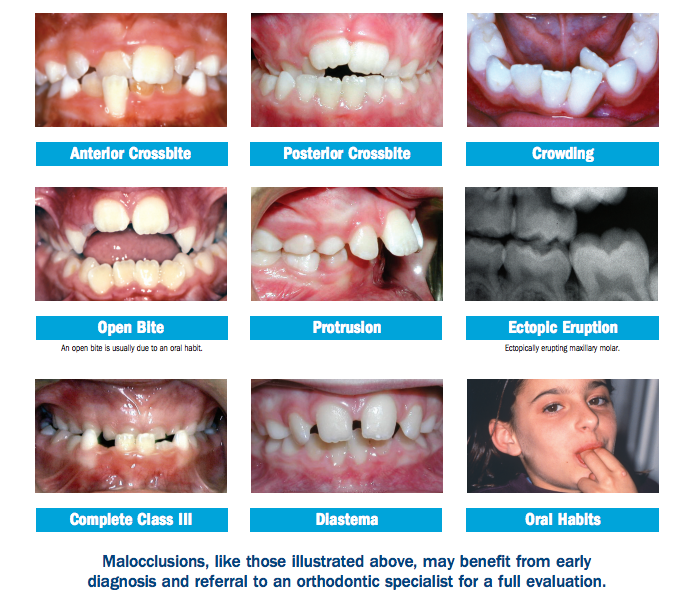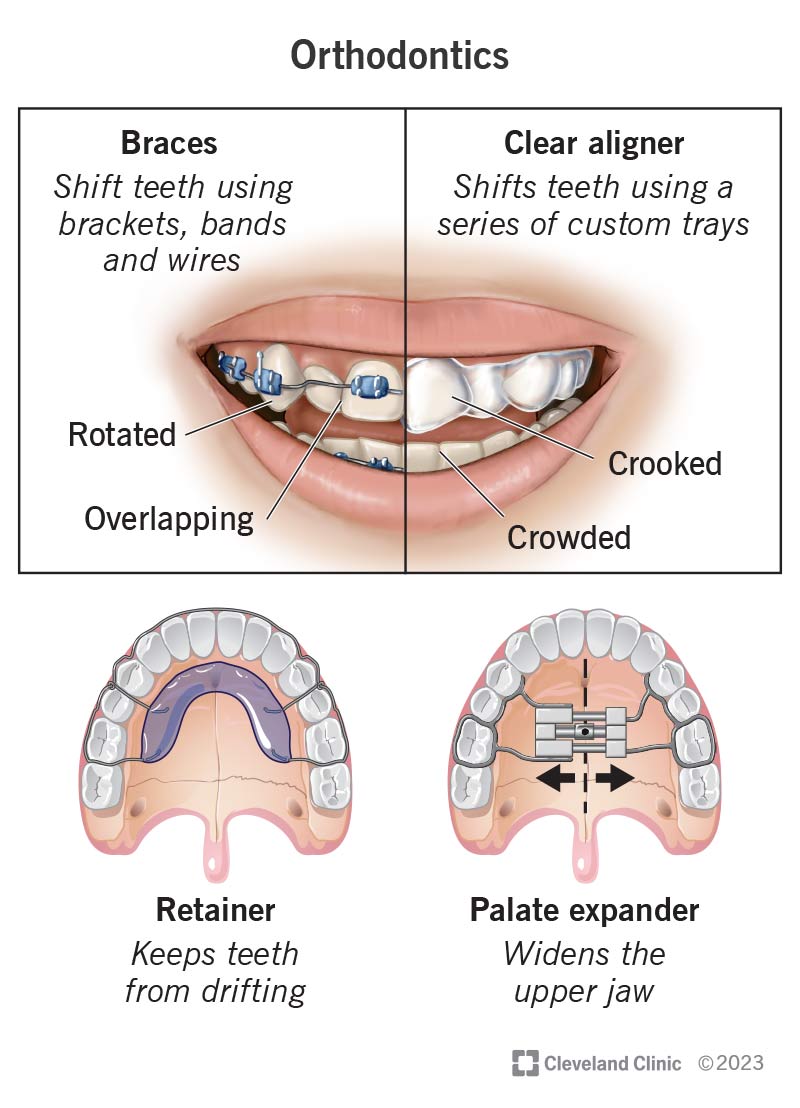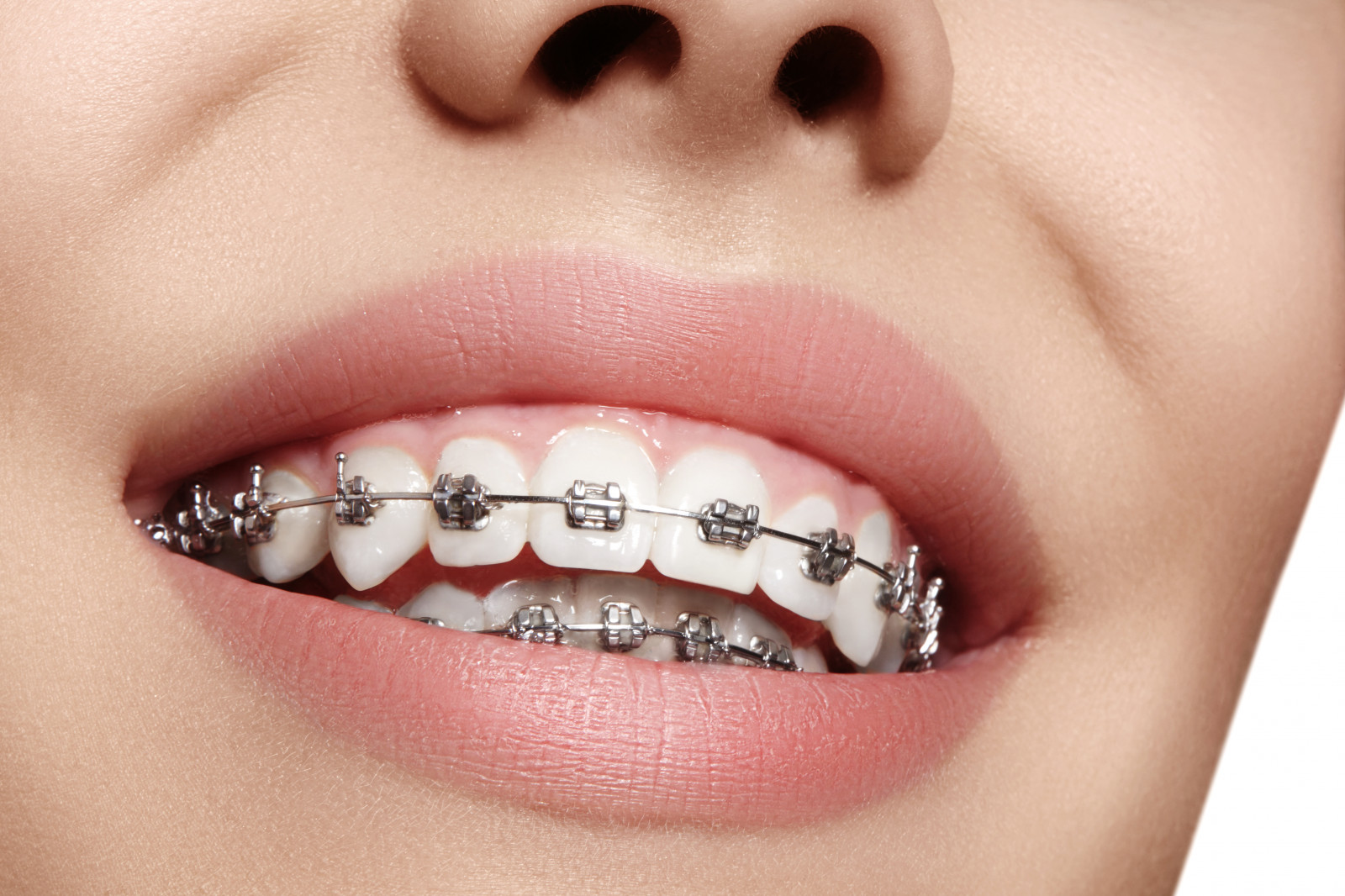About Causey Orthodontics
About Causey Orthodontics
Blog Article
Top Guidelines Of Causey Orthodontics
Table of ContentsCausey Orthodontics Things To Know Before You Get ThisIndicators on Causey Orthodontics You Should KnowSome Ideas on Causey Orthodontics You Need To KnowA Biased View of Causey OrthodonticsCausey Orthodontics for DummiesThe 5-Second Trick For Causey OrthodonticsThe Ultimate Guide To Causey Orthodontics
What is the difference in between a dental practitioner and an orthodontist? All dental experts, consisting of orthodontists, deal with the teeth, gum tissues, jaw and nerves.
You can assume of both doctors who deal with gum and teeth issues. The primary distinction is that coming to be an orthodontist needs a particular specialty in treating the misalignment of the teeth and jaw.
Causey Orthodontics Fundamentals Explained
An orthodontist is a dental practitioner that has actually gone through training to focus on the medical diagnosis, avoidance and therapy of irregularities in the jaw and teeth. Their training consists of remedying these existing conditions. They can additionally recognize potential troubles in teeth placement that might create when problems are left without treatment. Orthodontists can help people of every ages.
This consists of all the necessary education and learning to end up being a basic dental practitioner. According to the American Trainee Dental Association (ASDA), it means you will certainly require to have either a Medical professional of Medication in Dental Care (DMD) or a Doctor of Dental Surgical Treatment (DDS). To put it simply, orthodontists need to complete oral school and after that obtain an orthodontics specialty education.
Some orthodontists likewise obtain their masters in craniofacial biology. These programs focus on 2 certain locations or self-controls: Dentofacial Orthopedics: This research study concentrates on leading teeth and jaw growth.
Fascination About Causey Orthodontics

 These consist of device such as dental braces, retainers and Invisalign. What does an orthodontist do, and what do they focus on? The general objective of an orthodontist is to boost an individual's bite. Not every person is birthed with straight teeth, and an orthodontist will certainly make certain that patients get uniformly spaced straight teeth.
These consist of device such as dental braces, retainers and Invisalign. What does an orthodontist do, and what do they focus on? The general objective of an orthodontist is to boost an individual's bite. Not every person is birthed with straight teeth, and an orthodontist will certainly make certain that patients get uniformly spaced straight teeth.
The Best Guide To Causey Orthodontics
The American Organization of Orthodontists suggests your initial check up by age 7. You'll require to see your orthodontist if you have an imbalance in your teeth, additionally known as malocclusion. Additionally, if you notice uneven bite patterns, a somewhat askew jaw, or when your teeth are overcrowded, you will likely require orthodontic therapy.
At Advanced Orthodontics, we supply people with a all natural therapy experience. Furthermore, we provide flexible treatment schedules, flexible payment options and an enjoyable, enjoyable experience. Call ( 480) 357-4900 today for additional information and timetable a consultation.
An orthodontist is a dental professional trained to detect, protect against, and deal with teeth and jaw abnormalities. They remedy existing problems and are trained to recognize issues that may develop in the future. Orthodontists deal with individuals of any ages, from youngsters to grownups. Individuals frequently connect an ideal smile with healthiness.
Examine This Report about Causey Orthodontics
Malocclusion, or misaligned teeth, can bring about oral issues, including tooth decay, gum tissue illness, and hard or excruciating chewing. Not everybody is birthed with straight teeth. If you have a bad bite or big spaces in between your teeth, you might wish to speak with a dental practitioner specializing in orthodontic treatment.
(Image Credit: DigitalVision/Getty Images) Orthodontists make use of repaired and removable oral gadgets, like braces, retainers, and bands, to alter the placement of teeth in your mouth. Orthodontic treatment is for oral irregularities, consisting of: Jagged teethBite troubles, like an overbite or an underbiteCrowded teeth or teeth that are too much apartJaw misalignmentThe objective of orthodontic treatment is to boost your bite.
The Basic Principles Of Causey Orthodontics

All orthodontists are dental experts, however not all dental experts are orthodontists. Orthodontic residency programs supply intensive, focused direction for dental experts. They concentrate on two locations: How to appropriately and safely move teeth Exactly how to appropriately guide advancement in the teeth, jaw, and faceOnce an orthodontist has actually finished training, they have the alternative to come to be board licensed.
Misalignment, or malocclusion, is one of the most usual reason people see an orthodontist. It is hereditary and is the result of size distinctions between the upper and reduced jaw or between the jaw and teeth. cheapest orthodontist near me. Malocclusion leads to tooth congestion, a twisted jaw, or irregular bite patterns. Malocclusion is typically treated with: Your orthodontist affixes steel, ceramic, or plastic square bonds to your teeth.
The Ultimate Guide To Causey Orthodontics
If you have just minor malocclusion, you might have the ability to utilize clear dental braces, called aligners, instead of conventional dental braces. Some individuals require a headwear to assist relocate teeth into line with stress from outside the mouth. After dental braces or aligners, you'll need to put on a retainer. A retainer is a custom gadget that keeps your teeth in position.
Report this page